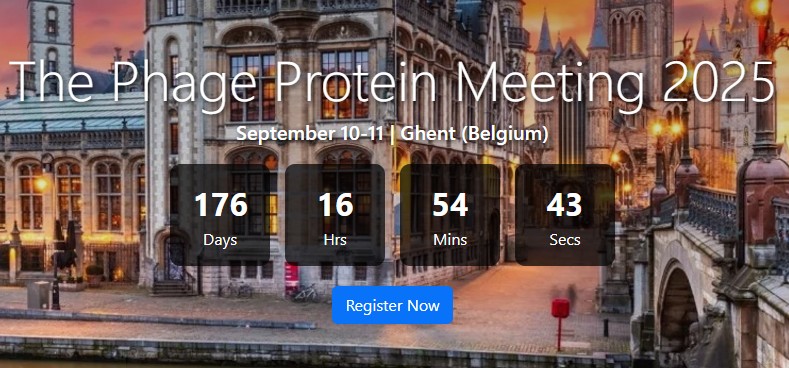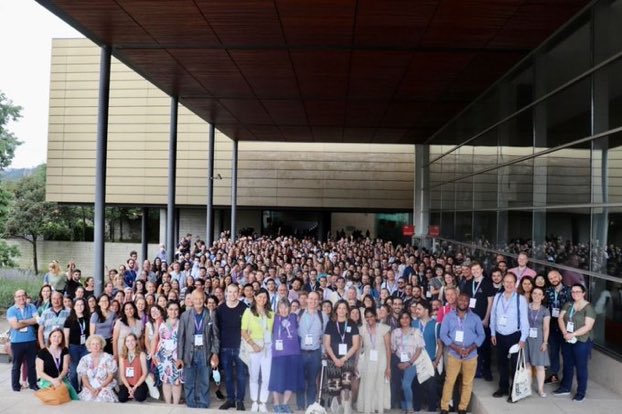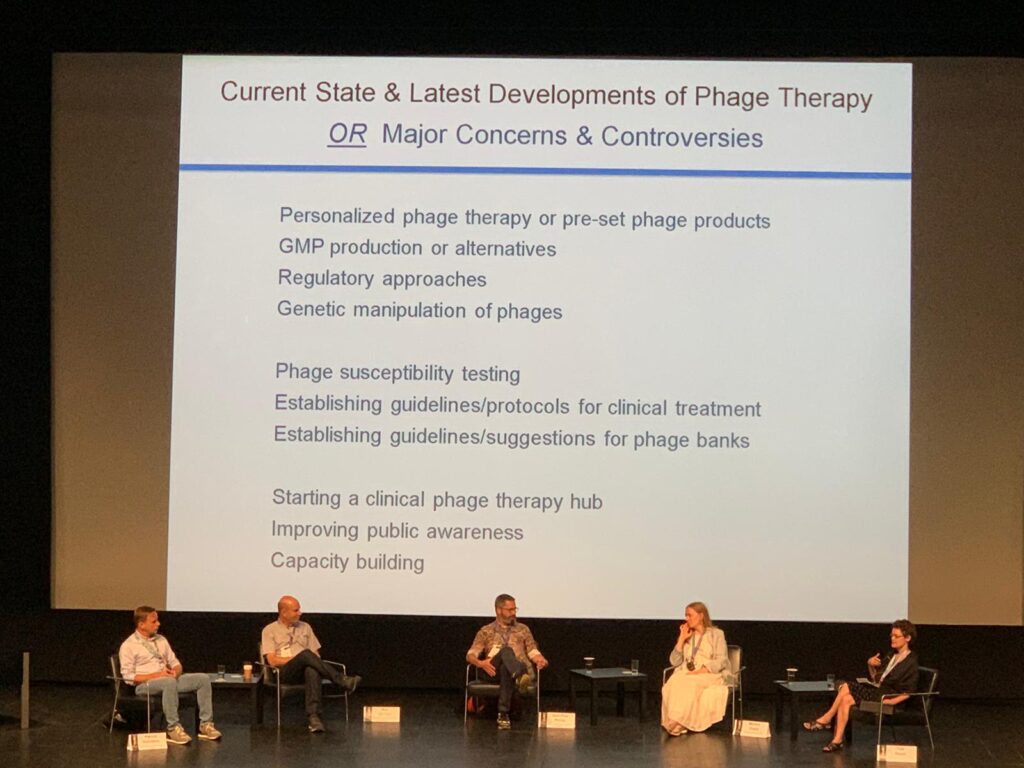Los días 10 y 11 de Septiembre se celebrará en Gante una reunión sobre diferentes aspectos relacionados con la aplicación de las proteínas fágicas. Podéis encontrar toda la información sobre este evento, así como las instrucciones y plazos para apuntarse, en la Web del Congreso.
A continuación reproducimos una carta de presentación de este congreso:
Dear Phage Protein enthusiast,
We are pleased to invite you to The Phage Protein Meeting that will be held on September 10-11, 2025.
The Phage Protein Meeting is an interdisciplinary conference organized by academics and dedicated to advancing the field of phage proteins for biocontrol. This event will bring together academic researchers and professionals who are actively working with phage proteins such as phage lysins, tail fibers, tailspikes, depolymerases, and tailocins. Our goal is to foster collaboration and knowledge exchange to develop these proteins for controlling bacterial infections, encompassing diagnostic and therapeutic applications in human and veterinary health, food conservation, and other applications for biocontrol.
Set in the picturesque city of Ghent, Belgium, The Phage Protein Meeting aims to create a vibrant and inclusive environment that attracts early career researchers, principal investigators, and R&D companies from around the globe. Attendees will have the opportunity to engage in cutting-edge discussions, present their latest findings, and network with peers and leaders in the field.
Keynote speaker and ISVM President prof. Lone Brøndsted (University of Copenhagen, Denmark) will give the opening lecture. We received early commitments from scientific committee members Daniel Nelson, Zuzanna Drulis-Kawa, Pilar Garcia, Mathias Schmelcher, Rayén León Quezada, Hongping Wei, Han Yang, Carlos São-José and Vikas Jain and we are looking forward to gathering all phage protein enthusiasts during this highly focused two-day conference, which you should not miss if you are active in the field.
All information and registration on
https://phageproteinmeeting.ugent.be
Key dates:
Early Bird: till May 15, 2025
Regular registration: till June 15,2025
Late registration: from June 16, 2025
Abstract submission for oral talk/pitch (3 min, early career researchers only)/poster: till June 15, 2025
If you wish to extend your stay in Belgium, you may also consider to take part in the 4th annual symposium of the Belgian Society for Viruses of Microbes taking place on the next day (Friday September 12, 2025) in the same city (Ghent) for more recent updates from the broader phage field: https://www.bsvom.be/en/symposium
Ghent offers many attractive sightseeing opportunities and is located nearby Bruges, Antwerp and Brussels for more touristic hotspots to have a fantastic stay in Belgium.
Best regards,
Yves Briers
On behalf of the organisation and scientific committee




